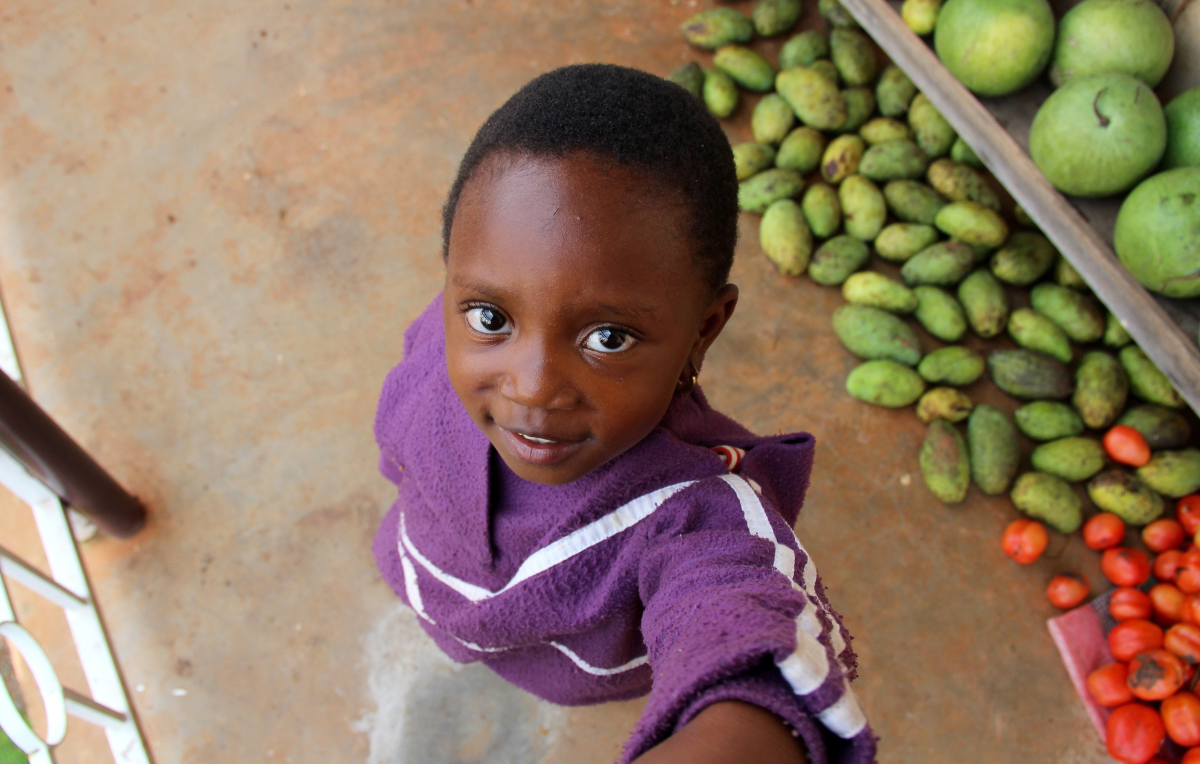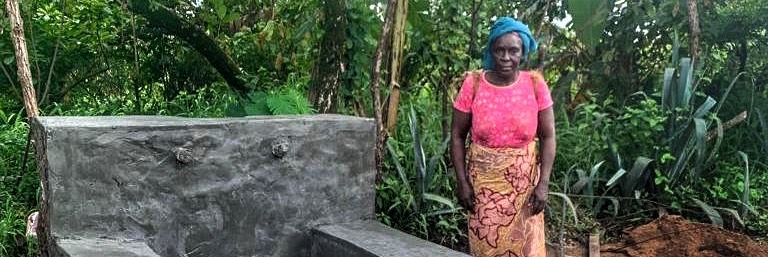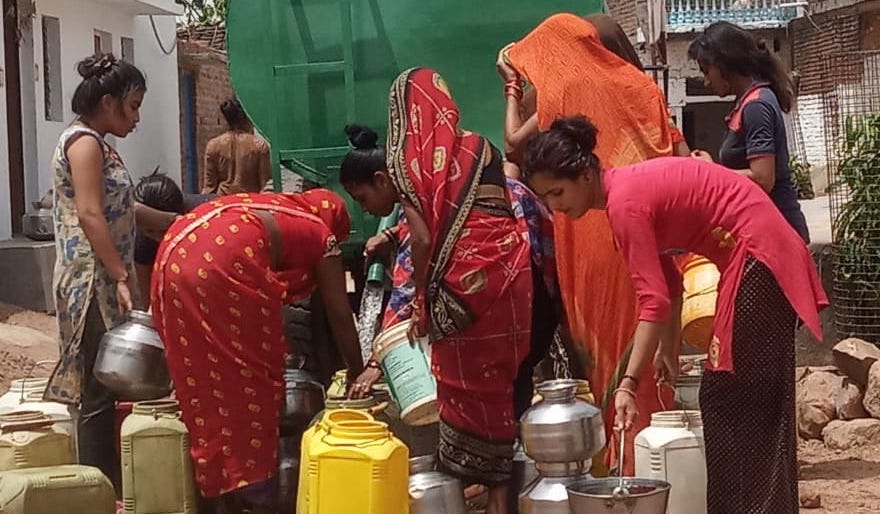One of the most exciting projects that the Himalayan Institute Cameroon’s (HIC) School of Energy Farming is currently working on is the installation of a water system on HIC land in Kishong Village. Most of the roughly 35,000 residents of Kishong have access to municipal water in their homes or from a small number of public taps. However, during the dry season, which lasts from November to March, these taps are frequently turned off to ration dwindling water supplies. Because of its rural status, Kishong Village suffers from the most severe rationing and villagers are forced to haul water from nearby streams. The incidence of diseases related to poor hygiene, waterborne microbes, dehydration, and malnutrition greatly increases during the months that villagers must harvest unclean water for themselves.
The School of Energy Farming, with support from the Buffalo Arts Studio, has been working with a rural engineer to install a deep well on HIC land, which will hold water throughout the dry season, even when the water table is at its lowest. Most important, because of its depth, the water will be clean.
With the well now in place, the project has moved into the final phase. Trenches have been excavated to lay pipelines that will carry the water from the well to large storage tanks at the top of the land. From these tanks, water will be piped downhill to irrigate six acres of land for growing medicinal and oilseed crops. Without such a water supply, the land is virtually uncultivable during the dry season.
Another pipeline will carry water to a water tap installed at the edge of HIC property along the main road through Kishong Village. This public tap will provide the villagers with a reliable and clean water source, all year round. And with this water, the people of Kishong can regain time and energy previously spent traveling to fetch river water, and regain the health and quality of life that suffers so much during the dry season.





